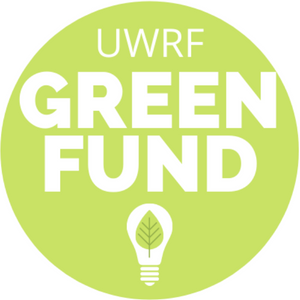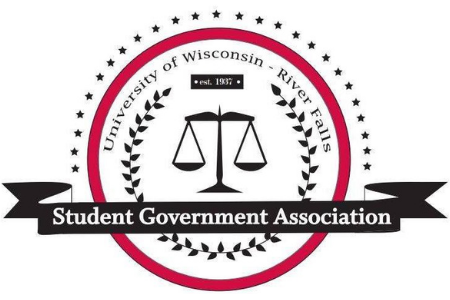UNIVERSITY OF WISCONSIN River Falls


UWRF Sustainability
Green Fund
The Green Fund is an allocable segregated university fee created to support sustainability initiatives and projects at UWRF. Since the Green Fund is a student segregated fee, Student Government Association oversees administration.
UWRF defines sustainability as our local and global responsibility to meet the needs of present and future generations, as demonstrated by an integrated set of ecological, social, and economic values, principles, and practices that frame how we think, choose, and act in personal, professional, and community life.
Green Fund Grant
The funds generated through the Green Fund support both the UWRF Office of Sustainability and act to provide funding for projects that improve sustainability. Campus faculty, staff, and students can apply for Green Fund funding. Please read the documents to the right for additional information on eligibility and guidelines.
Green Fund Categories
Funded projects or initiatives must fall under at least one of the following categories:
- Educational/Promotional - This category allows for educational/promotional campaigns or resources to raise awareness and inform students of sustainability initiatives or opportunities on campus. Examples include informational booths and kiosks, sticker campaigns, reusable promotional producs, and more.
- Non-Academic Research - Academic research is not to be funded by the Green Fund due to alignment with Administrative Policy 820. However, non-academic research such as pilot projects, surveys, data collection, etc. can be funded to help inform UWRF's sustainability efforts and initiatives.
- Energy - This category allows for renewable energy and energy efficiency initiatives to assist in reducing the campus' energy consumption and reliance on fossil fuels. This may also allow for the purchase of renewable energy credits or renewable energy programs through utility companies.
- Food - This category can be used to increase sustainable food, as defined by the AASHE Sustainability Tracking, Assessment, and Ratings System (STARS) defintion, which includes local/regional, healthy, culturally diverse, and environmentally and socially progressive food options. This category may also use funding to increase transparency of on-campus food services.
- Buildings, Design, and Construction - This category is to support sustainable construction and renovations of campus buildings.
- Grounds - Projects in this category will work with the grounds department to approve and implement sustainable garden design and sustainable landscaping practices. Funds can be used to protect and preserve the naturally existing ecology as well.
- Water Conservation - This catgory addresses water conservation, pollution, and storm water mitigation.
- Waste Minimization - This category addresses the improvement of waste diversion and reductino efforts on campus. The waste minimization category can be used to promote the reduction and reuse of materials.
- Transportation - This category includes all sustainable travel methods with low to no fuel, such as biking, walking, carpooling, carsharing, etc.










